The digital nomad buzz in Croatia is getting louder, so time for some perspective. Mirela Marovic Omerzu opened one of the first coworking spaces in Zagreb back in 2015 and has been following the development of this sector ever since. Some fascinating insights into how things where, how they are now, and where they could go.
1. You were one of the first to open a coworking space in Zagreb back in 2015. Tell us about that decision and how locals perceived your idea.
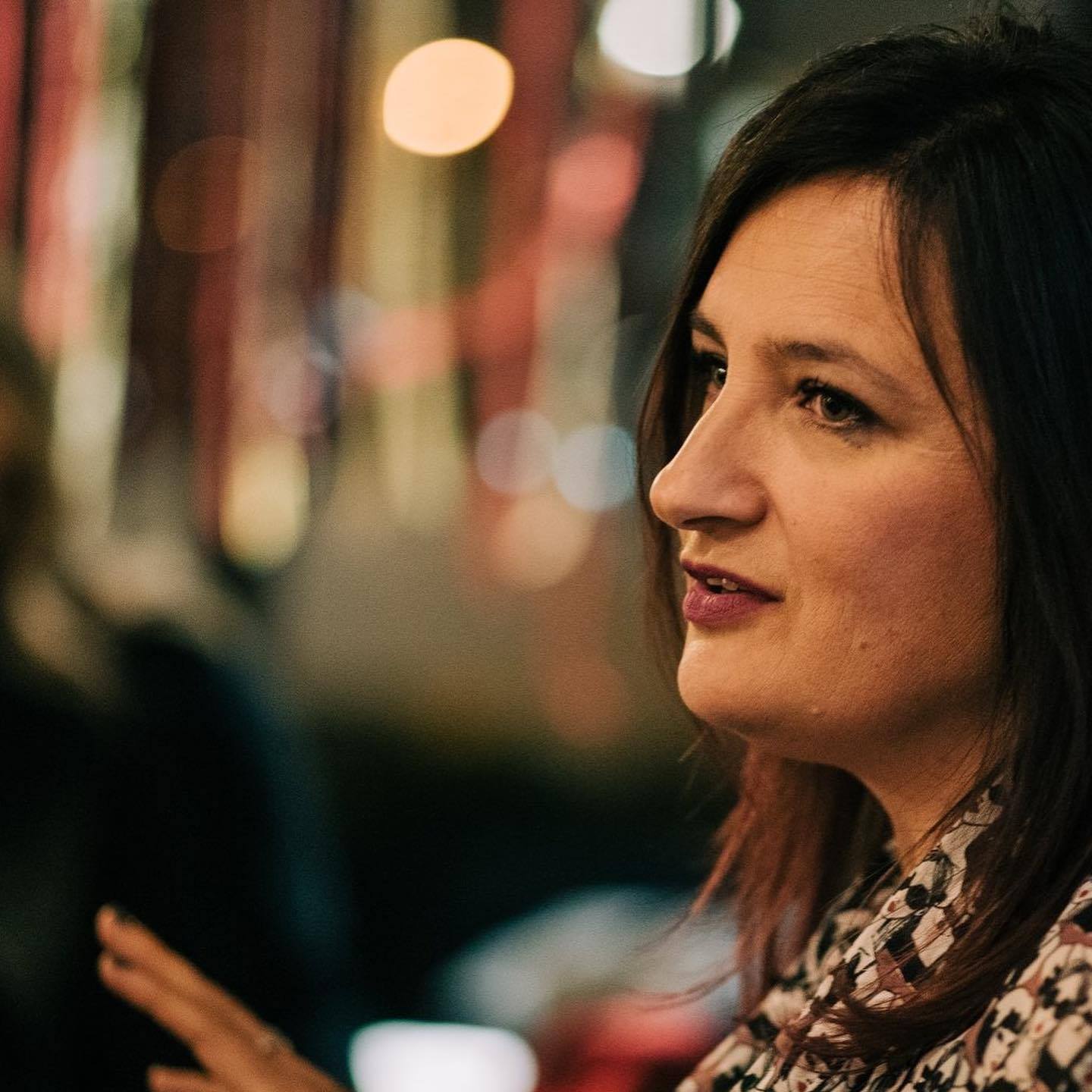
To be honest I didn’t really know much about coworking at the time. Well, it’s better to say I knew almost nothing. I had a potential space at my disposal that was in a very bad condition and I wanted to make creative space out of it. One that I would share with others. I felt that other micro-entrepreneurs had similar challenges. At the time my kids were very small, I was working from home, which was neither satisfying nor productive. I felt lonely, sometimes desperate and I longed for informal conversations with adults and I needed a boost for my business. When I started researching what is needed to realize this idea, the coworking model stood out. I wanted to offer the market a local story while respecting the core values of the coworking movement such as openness, flexibility, collaboration and sustainability. Today I can say that these values fully resonate with the members of BIZkoshnica and with me and that we live them daily.
At the time, the coworking idea was very abstract to most people, apart from a few freelancers or entrepreneurs. It took some time for a certain mindset-shift for people who start their own business to accept a flexible office solution as ideal and for them to see the benefits it brings. Benefits such as informal networking, business and project opportunities, the development of business skills and personal development that is inevitable in working with people and ultimately that it is more cost-effective. The main advantage is that most of our members are independent and are free from the belief that everyone is everyone’s competitor or that they are not allowed to share their ideas, which is a belief people working in larger corporations often have . Working in coworking is characterized by a relaxed and stimulating atmosphere without strict rules where collaboration culture can be implemented easily. The most important thing is that the person is open minded and that they doe what they love and what they are good at.
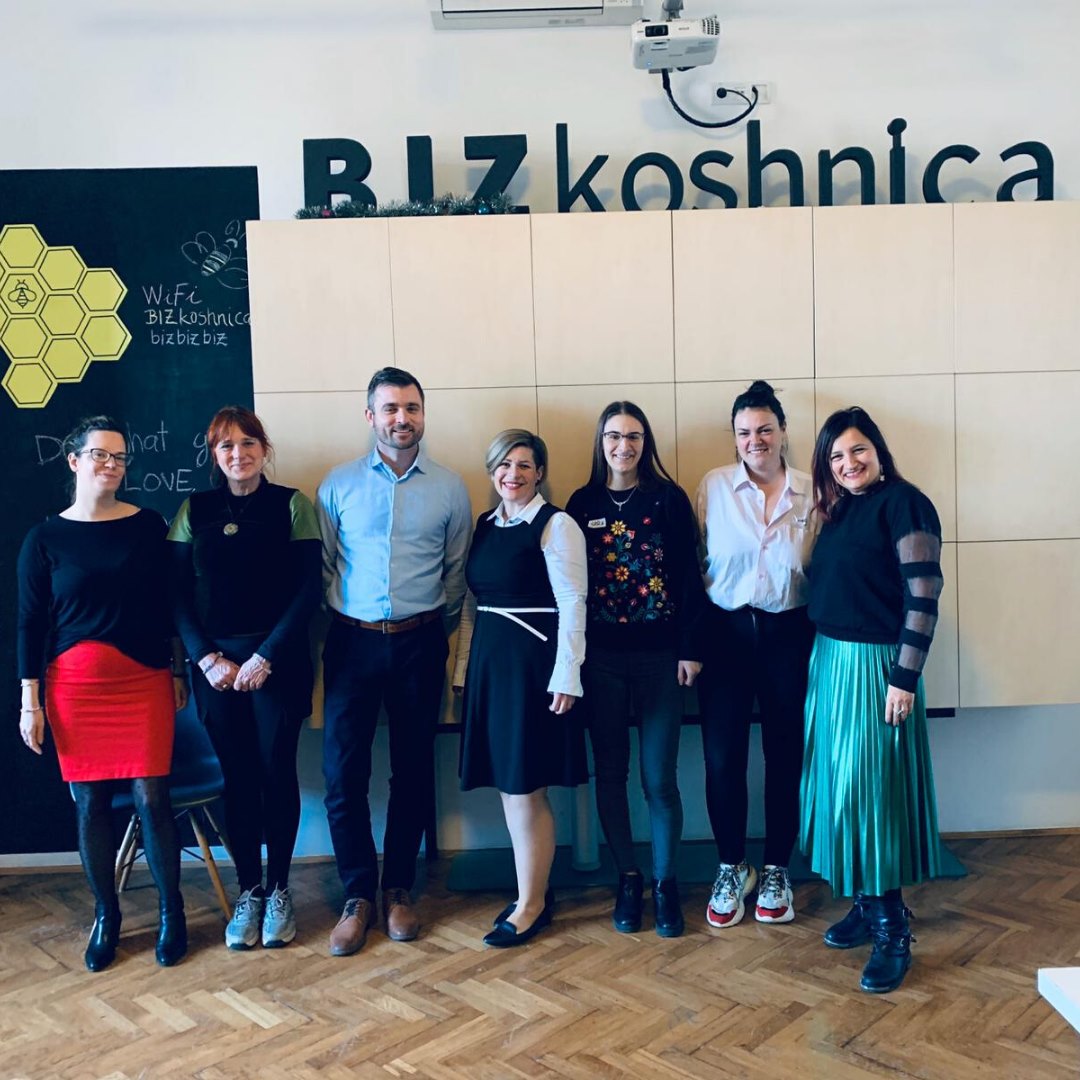
2. Things have changed a lot since then of course. How would you describe the co-working scene today in the city?
Today, the scene of coworking space in Zagreb is quite different. A lot of coworking spaces have opened up, there are a lot of spaces called coworking spaces just because it sounds good, but some are exclusively real estate businesses. A lot of specialized spaces have also opened up. IT oriented, social impact, tourism oriented.
Sometimes I feel like Statler and Waldorf from the Muppet show who watch it from the sidelines and comment. I am strongly personally attached to coworking and for me, coworking is not just the future of work but the only way to work. I don’t know what the future holds, but common sense tells me that people will increasingly accept flexible ways of working and that trends inevitably go in the direction of cooperation, self-employment, independence, digitalization, and that the need for collaborative spaces will grow.
On one hand, I welcome the opening of new shared spaces, coworking spaces, because it means that the economy is recovering, that the way of working is changing in the direction of sustainability, cooperation and flexibility. On the other hand, each space should build its own story with appropriate content and offer it to its specific target group. There is still a lot of potential in the coworking market in Zagreb, which already has a well-developed offer, while in the smaller cities on the coast as well as in interior parts of Croatia the need and potential is even greater. There is still work needed to change people’s mindsets and habits.
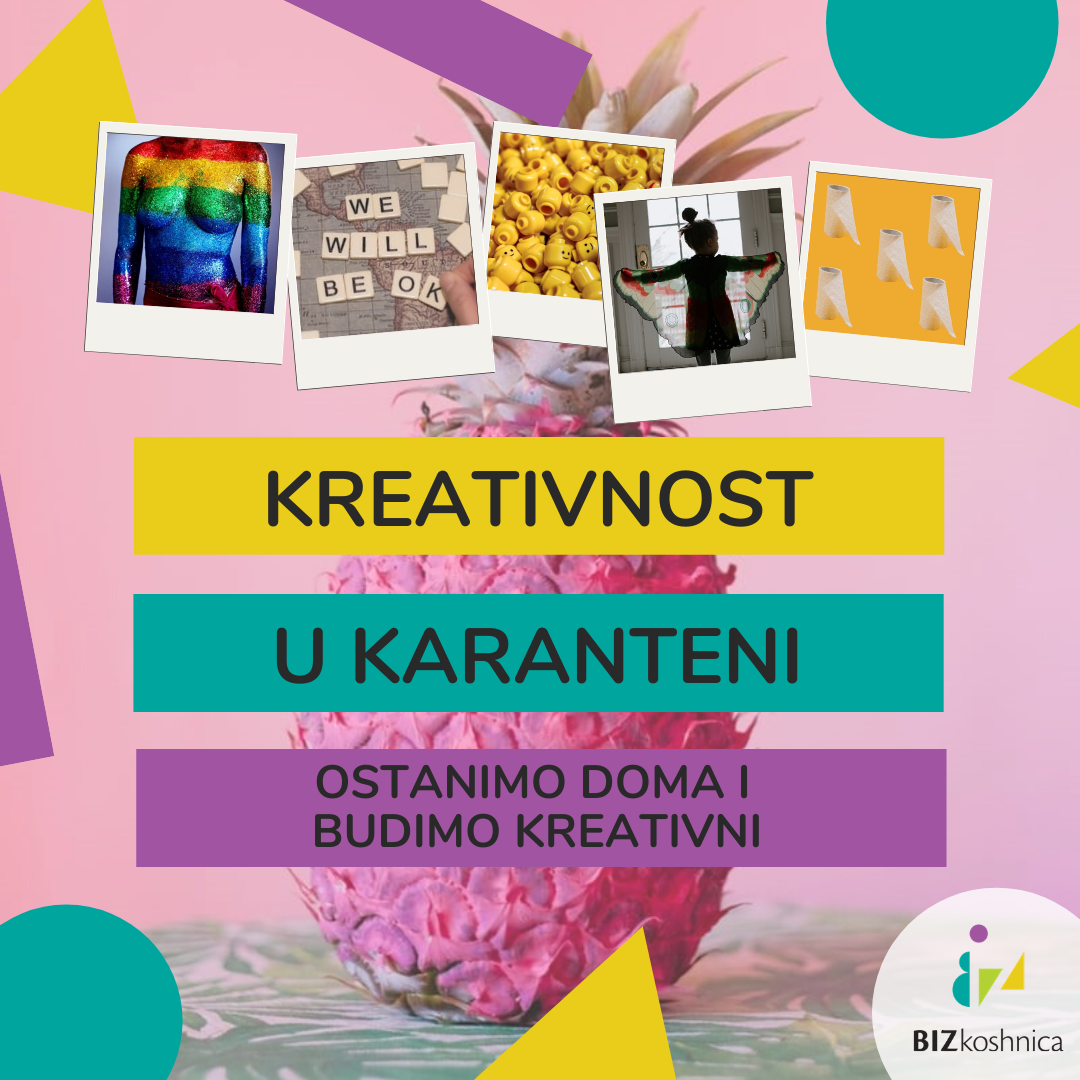
3. The pandemic changed the way we work, but Zagreb also had the devastating earthquake of March 22 to contend with as well. Tell us about the realities of running a coworking space in 2020 in Zagreb, and how you adapted?
Sometimes I think we are starting all over again from scratch, but we are fortunate it left mostly material damage. It was really hard in 2020 firstly because all the events stopped due to covid pandemicand that used to account for 70% of our revenues. When the earthquake hit it left some damage in the space too because we are situated in the very central position at Zagreb’s British square. In 15 seconds one of our main selling proposition points turned into the biggest downside. After the first shock, a big help for us was mutual online socializing with our members and with Creative Hubs network as well as regular zoom calls with colleagues from all around Europe that are running spaces. The fact that we are not alone and that we are in the same problem was a soothing fact. We managed to renovate and adapt the space, the loyal members stayed and started to return after the lockdown. We adapted to the situation so that we are offering some of the services online like VirtualBee service or online educations. We encourage our clients to organize hybrid eventswhere online and offline events are combined. The space was adapted so that users have enough space and are not in danger of spreading the virus among each other. The space is regularly disinfected.
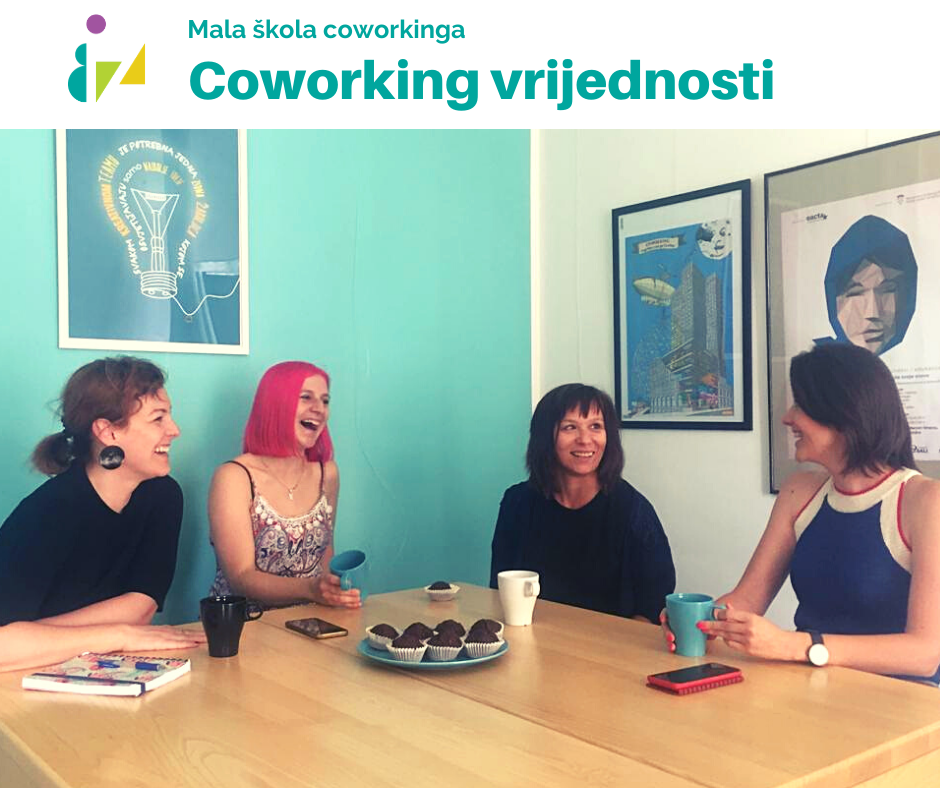
4. There is a lot of buzz about Croatia as a digital nomad destination. Do you think it is justified? What does Zagreb do well, and what should it be doing better to serve digital nomads?
This buzz is great and I am really welcoming the idea of Croatia as a digital nomad destination. Croatia has all of the prerequisites for a great life: indescribably beautiful nature, cultural heritage, cordiality, ideal climate, excellent geographical location as well as connections. Those are also some of the reasons why I decided to stay in Croatia. Zagreb particularly is an attractive city, especially in these times with regards health and safety. It’s big enough, while still remaining cosy compared to other metropolises. Proximity to the Adriatic coast, and to other attractive destinations in the interior makes it desirable as well. All the amenities needed by digital nomads are available. High speed Internet connection, coworking spaces and communities, affordable housing, good restaurant offerings and other offerings necessary for a nice quality of living. I’m not particularly familiar with the activities Zagreb as a city undertakes to attract digital nomads. There is a national campaign, but I don’t believe that it is enough.
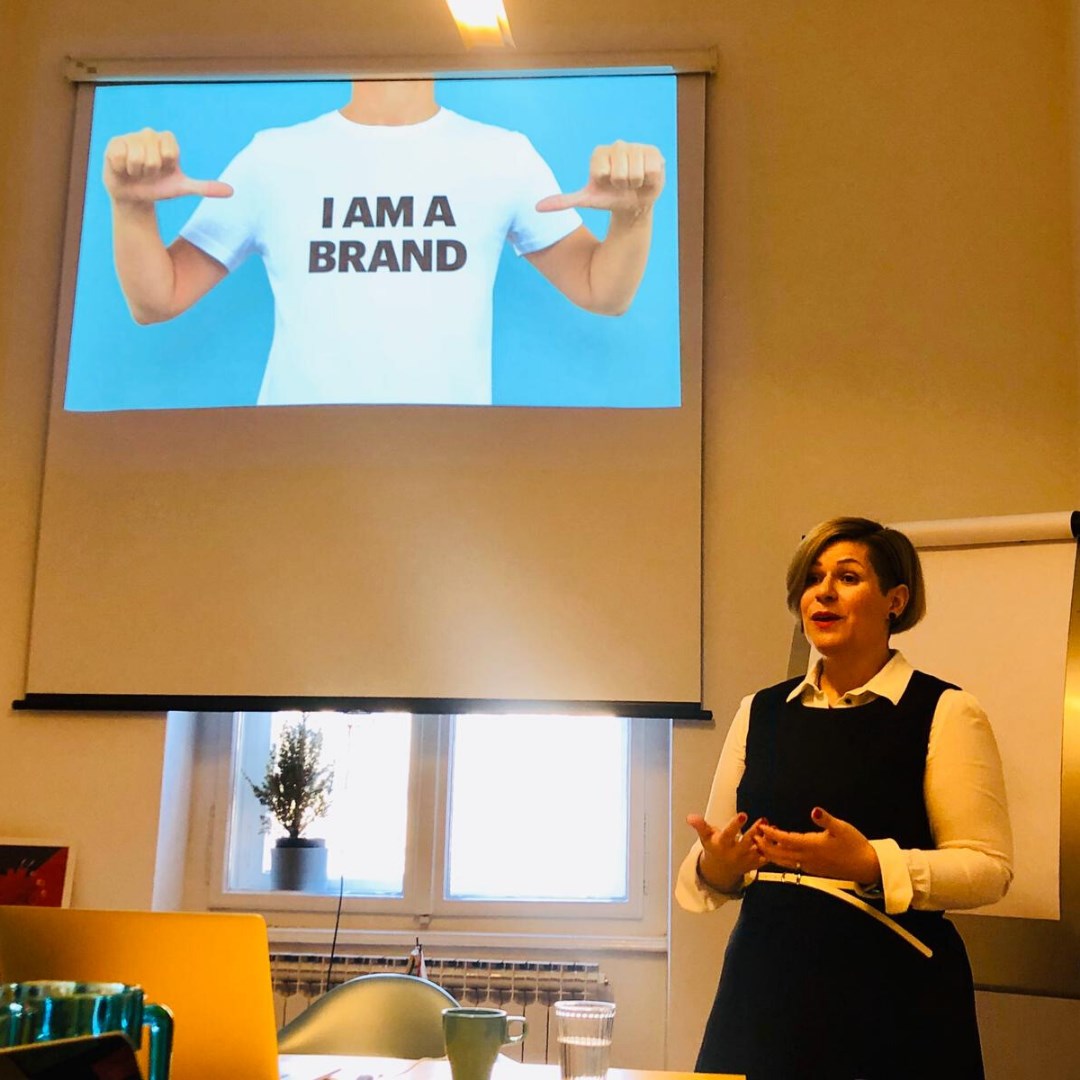
5. Three quick wins to improve Zagreb’s digital nomad offer?
The promotion of the opportunities for digital nomads in Zagreb should be done more intensely. Information on how to acquire visas and permits for digital nomads, as well as travel, accommodation, coworking opportunities should be obtained easier. Tax and legal advice and requirements should be more readily available and appropriate.
6. You have obviously been dealing with digital nomads in Zagreb for several years here in Zagreb. What trends have you noticed in the last couple of years?
We have had digital nomads from all around the world in BIZkoshnica so far. United States, Australia, Philippines, Sri Lanka, Morocco, India, Canada, Israel… We remain inspired by their life and business stories. They all fit in very well and had no special requests or needs despite the different cultures that they came from. I would say that locals are more picky and demanding. What the digital nomads brought to our community is a sense of possibility and the feeling that the world is only one and that we are all one. We have kept in touch with many through social media networks, we follow their work and travels. The influence of digital nomads and their openness in the exchange of culture and experiences is invaluable. They can make a real impact in the local economy, as well as provide inspiration for young people to follow their example in life and work. I would say that in the long run, digital nomads themselves could become ambassadors of a country they are visiting if their stay was pleasant and met their expectations. They will spread the word among their friends and companions. Among the digital nomads who came to BIZkoshnica, there were many couples who travel together, but work completely independently and remotely, the age ranges were from 25 to 55. Most of them stayed in Croatia for multiple months and during their stay they were very active in getting to know the country and people and its tourist attractions, local habits and culture as well as visiting surrounding countries on weekends.
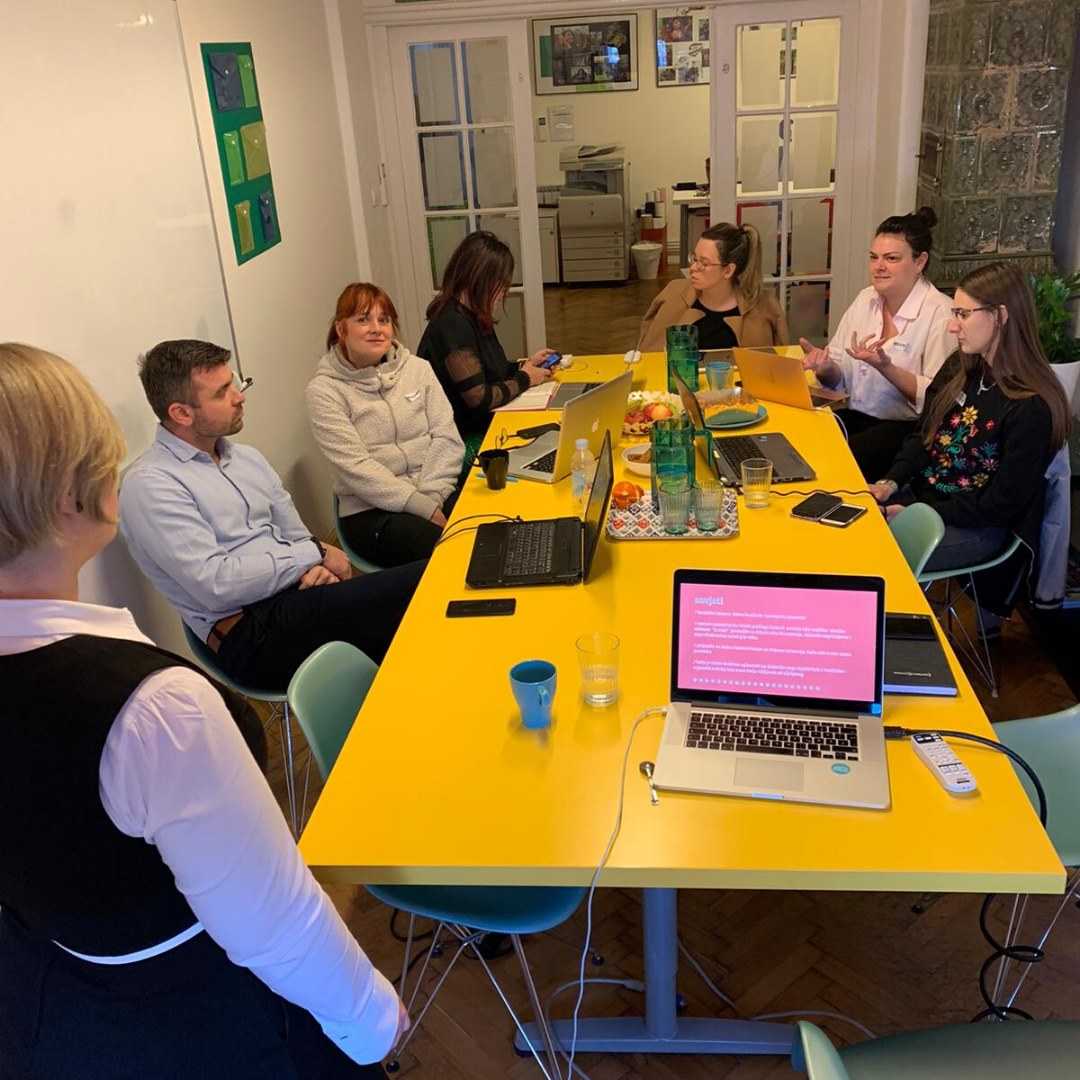
7. What is the Zagreb DN community like at the moment, and what strategies would you implement to grow it significantly?
It takes time and personal efforts to build any kind of community. At the moment the digital nomads community is in the establishing phase but the Digital Nomad Association is doing great in all its initiatives. More stakeholders need to get involved. The numbers of approved digital nomad visas are growing and digital nomads are choosing not only Zagreb but other cities in Croatia to stay. Firstly, once the digital nomads are attracted by Croatian natural beauty, its safety and high quality of life, all the other practical information about accommodation, taxes, health insurance, coworking spaces need to be communicated to the digital nomads preferably in one central spot.
Being aware that digital nomads, alongside freedom and flexibility, are mostly interested in making connections with local people, it is needed to provide different kinds of networking events to enable them to learn about local culture, to meet local entrepreneurs, to participate in meet ups and skill sharing events. All of these events are needed to keep the digital nomad community alive. The intra personal and business connections need to happen, so they can do their job at such events. Given the easing of covid measures, we expect to organize more such events also in our space.
8. Tell us about your involvement in Zagreb Digital Nomad Week, and what should the city be looking to get out of the event?
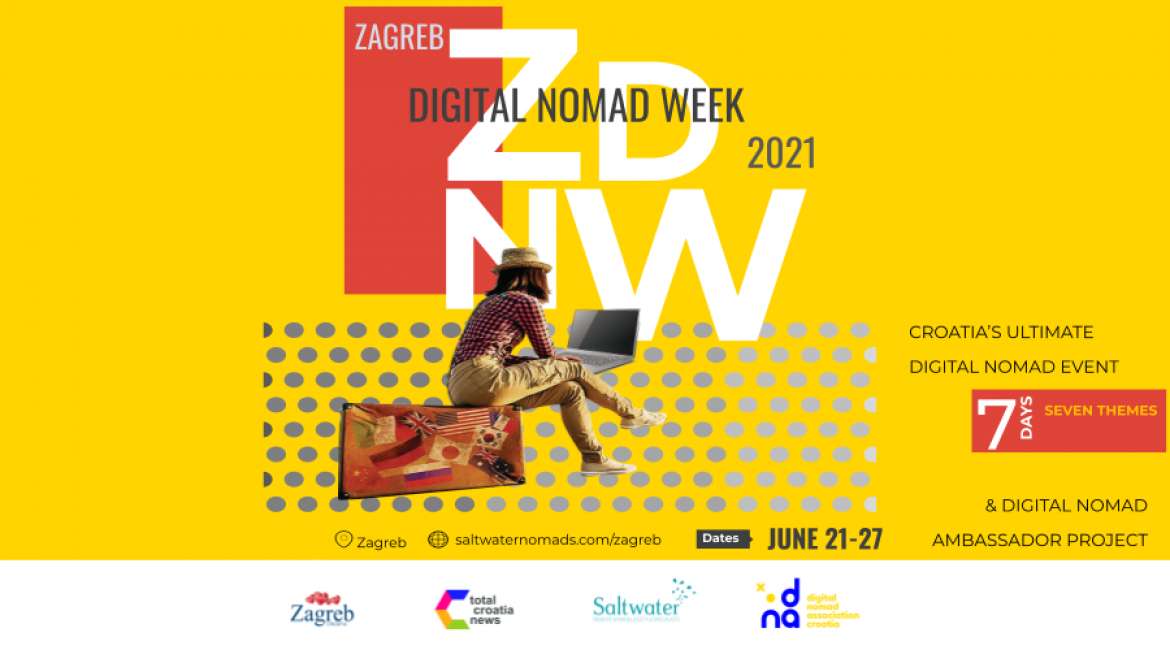
Once Tanja Polegubic from Saltwater Nomads presented the project to us, we immediately decided to get involved because we see great value in such initiatives that help connect digital nomads with the coworking, business and tourism community in Croatia. We are looking forward to hosting a DNW event at BIZkoshnica and our goal is to introduce visitors to our members, as well as to find out about the needs of digital nomads present in Croatia. Digital Nomad Week is an ideal way to promote and popularize digital nomads and the benefits we can have from their stay in Croatia, not only in terms of tourism but from the perspective of local community development.
Zagreb has yet to open up and show everything that it has in store. Zagreb offers a lot, but is hiding its gems, and there is so much authenticity to be proud of. Perhaps the Croatian paradox of identity is also reflected in this. We Croats often do not appreciate our own and think that we are not good enough and that everything that is coming from abroad is better, while at the same being very proud of our heritage only. That is that paradox that keeps us in place like a children game Frozen queen 1, 2, 3. ☺
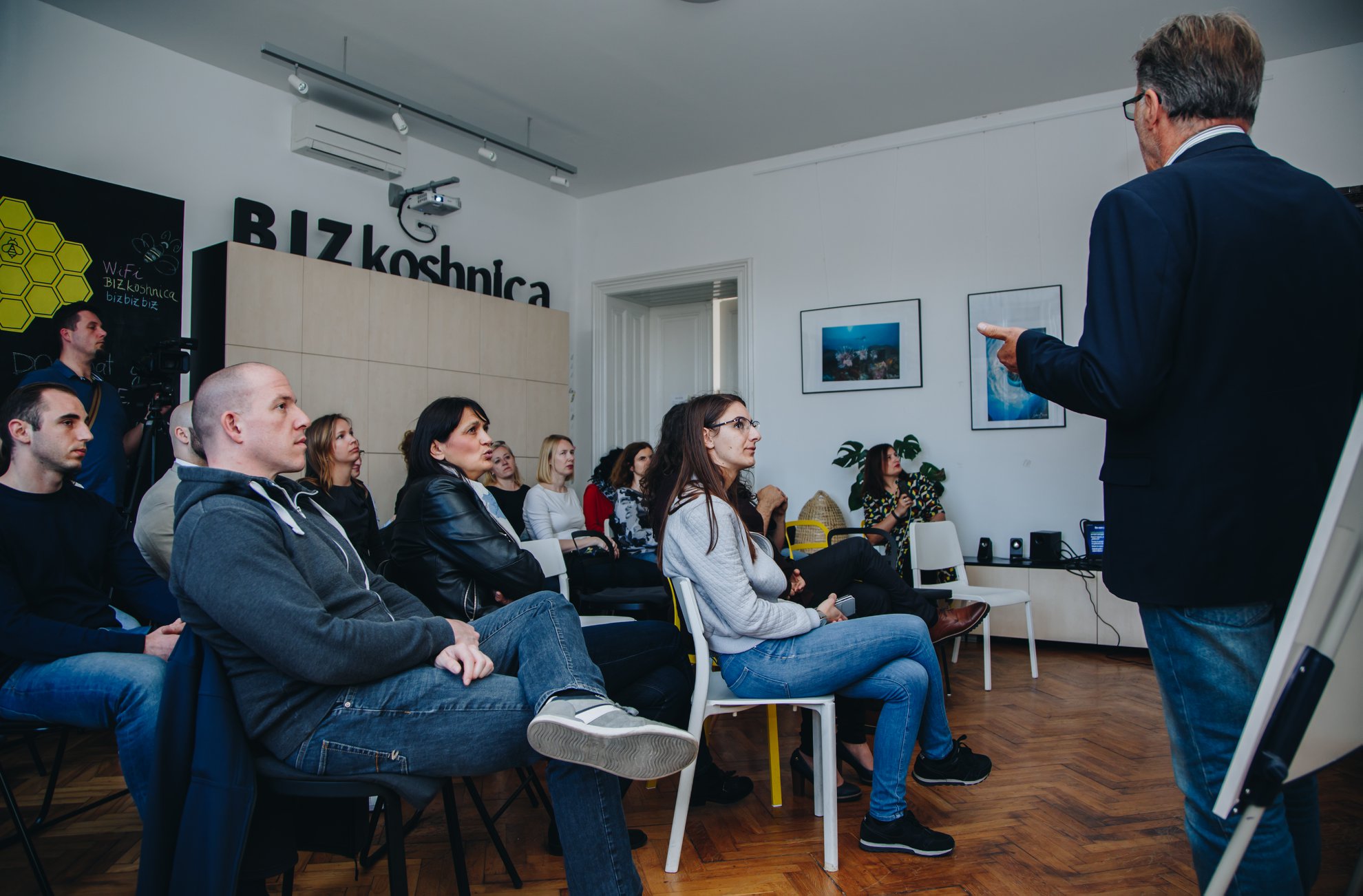
9. And finally, in a paragraph, sell Zagreb to potential DN visitors. Why should they come here?
As a young traditional girl full of life and potential, Zagreb wants to open up and offer all its possessions to the world. She knows she offers a lot, but she’s shy, she likes to hide. She thinks other cities are better. Then one morning she wakes up and realizes she wants to live her own life and be herself. She starts to stroll from the center, through the streets of the lower town full of historical sites and stories, intertwined with the modern way of life. There are a lot of people there, they speak good English, they are educated, cultured and hospitable. They enjoy their city and everything it offers from the urban lifestyle, countless cafes, delicious food, museums, theaters, concerts, events to nature in the city, the beautiful Zagreb’s mountain of Medvednica, green city parks, lakes Bundek and Jarun, the Sava River. In the vicinity of Zagreb there are many excursion destinations, many sports and cultural facilities, national parks and nature parks, castles, rural households offering organic food and pristine experience.
The sea and the Adriatic islands are less than a 2-hour drive away. Every place, island, stone tells its own story, and the visitor builds his own experience upon that and always gladly returns to that paradise on earth. The land of the most beautiful sunset, the land of thousand islands, homeland of many inventors, homeland of necktie, pen and the fastest electric car in the world. Welcome digital nomads! Zagreb greets you.
BIZkoshnica will be hosting Day 2 of Zagreb Digital Nomad Week on Tuesday, 22 June, with the theme of the day – Online Presence. More information on that, as well as where to register (online and in person – please note that physical places are limited due to the measures) here. Attendance is free.
For more on Zagreb Digital Nomad Week 2021 & Zagreb Digital Nomad Ambassador Project, visit the Saltwater Nomads website.
For the latest news and features on digital nomads in Croatia, check out the dedicated TCN section.











